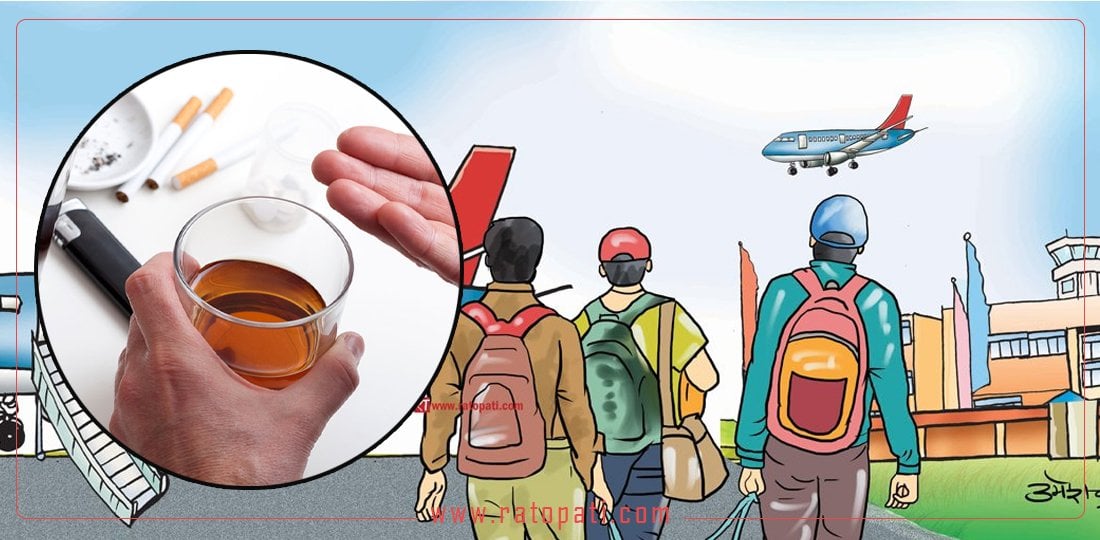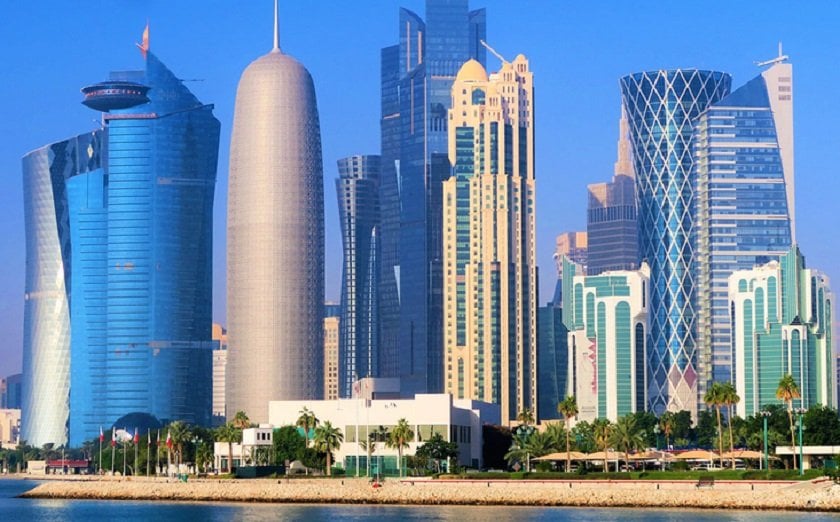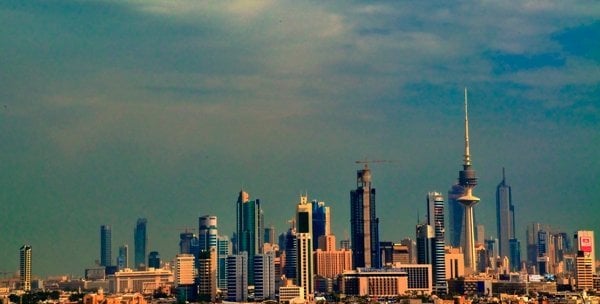Rising drug and alcohol cases among Nepali expatriates in the Gulf

Kathmandu, August 15: An increasing number of Nepalis working abroad are becoming involved in drug and alcohol-related incidents.
In Malaysia and other Gulf countries, the number of Nepali workers in such cases is rising steadily, prompting concern among Nepali authorities in these regions.
Some Nepalis have been arrested for drug use, while others are implicated in trafficking and selling drugs.
In Saudi Arabia, 70 to 80 percent of Nepali prisoners are involved in such cases.
Shatrudhan Prasad Pokharel, Acting Consul General at the Nepalese Consulate General in Jeddah, informed that approximately 580 Nepalis are currently in Saudi jails, with most cases related to alcohol and drugs.
Among those imprisoned, some are drug dealers, while others are drug addicts. There have been instances where individuals were arrested simply for being in a vehicle during a police check, or for attempting to smuggle drugs for a small amount of money.

A few months ago, a businessman went missing in Saudi Arabia and was later found in police custody. He was arrested for drunkenness and trafficking after alcohol was discovered in his car. Despite his claim that the alcohol was for personal use, he was charged because no one else was found responsible for the drugs found in his vehicle.
Another case involved two Nepalis who were arrested while riding in a friend's car. They were detained for a month before being released after the Nepali embassy intervened. One of the men had been involved in various social activities before his arrest.
In a recent case, a Nepali worker was sentenced to seven and a half years in prison by a Saudi court after drugs were found in his vehicle. He was convicted despite claiming ignorance about the drugs.
Two Nepalis who had worked in Saudi Arabia for 17 years were arrested for alcohol-related riots. They were subsequently deported to Nepal and lost their end-of-service benefits.
Increasing Problem in Saudi Arabia
Many Nepalis in Saudi Arabia are involved in drug and alcohol cases.
Some are tricked into these situations, while others are arrested for minor offenses driven by financial desperation.
Pokharel suggests that the rise in such cases is due to greed and a lack of awareness, leading to arrests after police tips.
Saudi Arabia imposes severe penalties for alcohol and drug offenses, including up to two years in prison for alcohol and up to 10 years for drugs.
Pokharel advises that Nepalis should avoid alcohol entirely and be vigilant about their surroundings to prevent accidental involvement in drug-related cases.
Similar Issues in Qatar
The number of Nepalis involved in drug and alcohol cases is also rising in Qatar, particularly among porters.
Tikaram Neupane, Consul at the Nepali Embassy in Qatar, noted that cases of drug abuse and trafficking are increasing.

A Nepali woman arrested at Qatar airport with drugs received a 10-year prison sentence. She gave birth while imprisoned and has been unable to register her child due to Nepal’s birth registration laws.
Kuwait and UAE follow suit
In Kuwait, the majority of Nepalis in jail are involved in drug cases, with some arrested for illegal alcohol production.
Giri Prasad Acharya from the Nepali Embassy in Kuwait reported that those involved in alcohol trafficking receive prison sentences, while those caught drinking are often deported.
In the UAE, drug and alcohol use among Nepalis has risen, leading to warnings from local authorities.
The Nepali embassy in Abu Dhabi has urged Nepalis to adhere to local laws and behave appropriately.

The embassy noted that many of these issues stem from the ease of obtaining alcohol and employment difficulties among Nepalis on visit visas.
Overall, Nepalis in various countries are increasingly caught up in drug and alcohol cases, highlighting a significant issue for the expatriate community.









Leave Comment